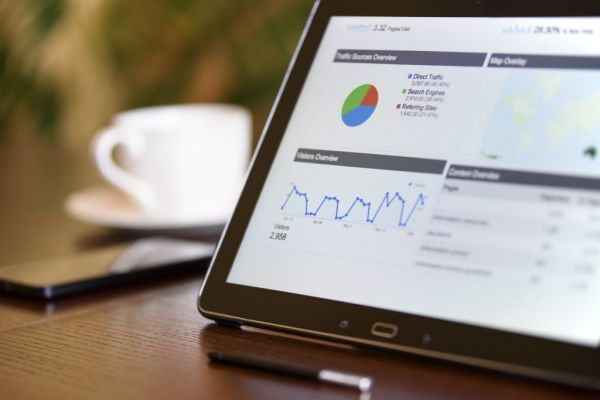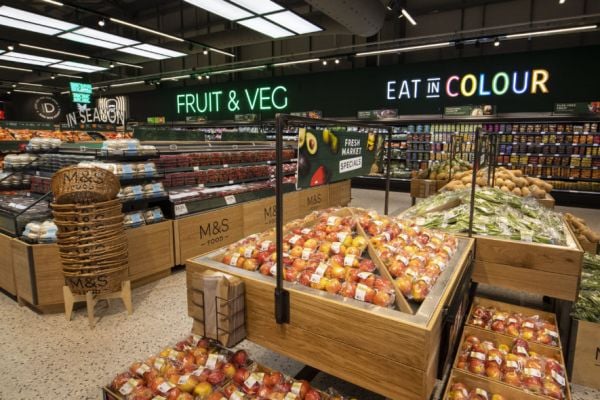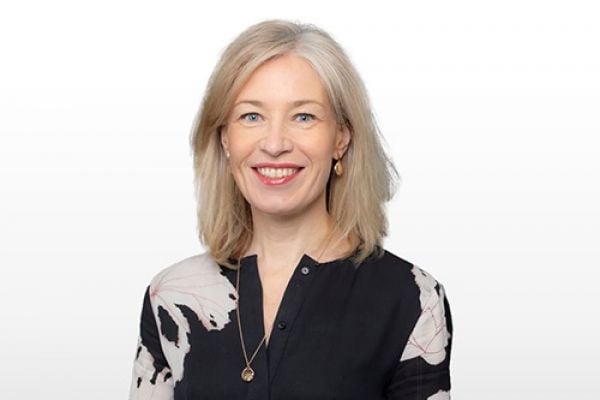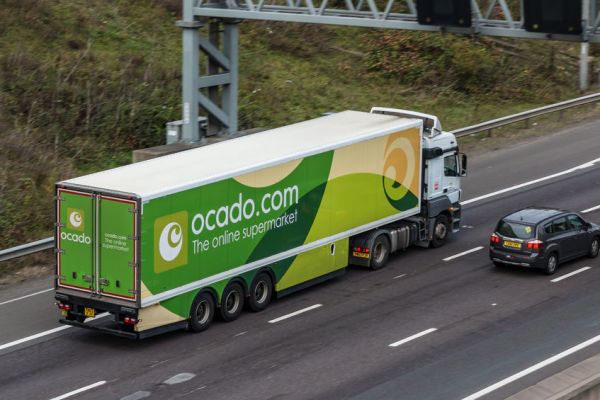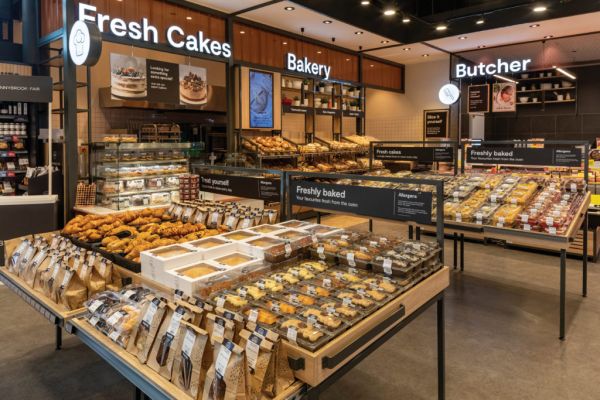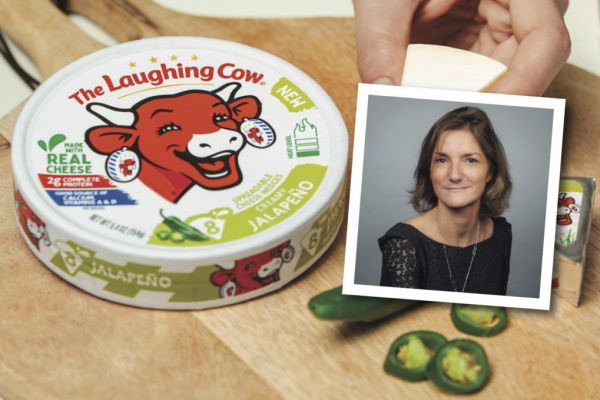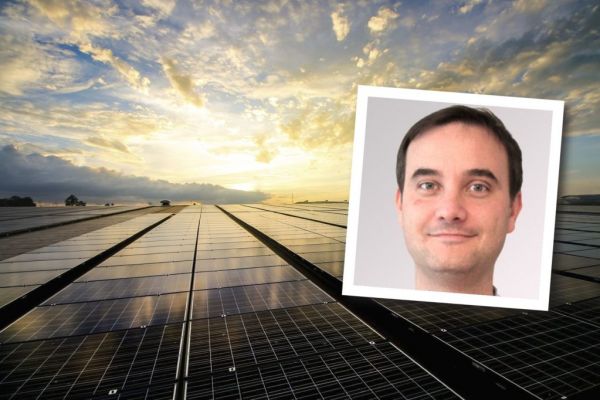Paid to have their finger on the consumer's pulse, the Mad Men of advertising are under mounting pressure from clients to adapt to a fast-changing digital age where simply shifting marketing dollars online from old media no longer cuts it as a strategy.
Talk at the global industry's annual gathering in Cannes was dominated by complaints that owners of ad agencies, including the biggest WPP, are no longer set up to help brands reach consumers in an online world of mass but fragmented content.
Agency Rebuild
With tensions rising, many brands are creating their own digital ads in-house and placing them directly on Google and Facebook. Many more are demanding that agencies rebuild around the client rather than making campaigns in individual agencies to be placed on specific parts of the market - such as mobile phones, social media, billboards, radio, TV and more.
Tencent's Seng Yee Lau, who oversees advertising on China's biggest social media platform, said brands and ad agencies needed to fundamentally restructure after the internet became the largest platform for ads, ahead of TV.
"The reason why marketing is no longer seen as the engine for growth is because we have not innovated ourselves," he told Reuters. "The people the brands are trying to address have formed themselves into a new digital civilisation."
Switch To In-House Content
Changes at Unilever, which spent $9 billion on marketing last year, reflect the tension.
It says it will still use agencies to make big creative TV ads and to advise and buy media inventory, but it is increasingly creating content in-house to keep costs down.
"I'm a huge supporter of advertising agencies but what I need is something fit for purpose for this new world," said Keith Weed, chief marketing officer for Unilever which owns brands including Dove, Magnum and Persil.
"Not every bit of advertising needs to be epic."
Unilever typically works with a dozen agencies for one brand. As each of those agencies runs its own P&L, it receives conflicting advice and ultimately conflicting ad messages.
WPP, which works with Unilever, has over 400 agencies. Unilever makes and sells around 400 brands.
Joined-Up Thinking
Unilever is running a trial with four brands where agencies have had to create an integrated offering, a move designed to help it reach consumers who now use media, content and e-commerce in vastly different ways from just a few years ago.
"The technology itself isn't the challenge," Weed said. "The thing that is much harder to predict is the consumer behaviour change that the technology drives."
Reflecting the huge amount of flux in the industry, different brands are taking different approaches. Mars, owner of M&M's, Uncle Ben's and Pedigree, said it had done a few small in-house trials but was instead saving costs by taking crowd-sourced video ads - provided, for example, by freelancers and production companies - from agency BBDO, owned by Omnicom.
"My mantra is working with our partners and encouraging them to disrupt themselves," marketing boss Andrew Clarke told Reuters, about crowd-sourced ads "at a fraction of the price but within the BBDO house and with their stamp of quality".
That is a reference to companies, including Mars, that pulled ads from YouTube last year after they found them placed next to extremist content.
One-Team Offering
P&G, the world's largest advertiser for brands such as Olay, Gillette and Pampers, has perhaps gone the furthest by asking talent from across WPP and other agencies owned by rivals Omnicom and Publicis to form one team to provide one offering.
The changing dynamics mean the major holding companies - which also include IPG, Dentsu and Havas - are slowly losing their once vice-like grip on a client's ad spend.
New competitors Accenture and Deloitte are helping that happen, using existing consultancy relationships with C-suite executives to offer to review their spending and cut out unnecessary expense.
Accenture Interactive's Joy Bhattacharya, on a boat that was moored alongside one from rival PwC, said the work of a consultant was to break down silos in major companies to improve operations. Adding in marketing could help the overall result.
"My desire is to see how we can join it all up because that's where a lot of transformation changes fail," he said.
Constant Change
On top of the changing dynamics, advertising is also grappling with Europe's new GDPR law which regulates the use of personal data, threatening ad agencies and networks that use such information to send targeted ads to individual users.
One of those in Cannes at the sharp end of the change is Jonathan Nelson, the digital boss of the world's second biggest holding company Omnicom. He accepts that his agencies from BBDO Worldwide to TBWA may lose bits of work they once provided.
In the long term, however, he argues brands need agencies more than ever to create ads that cut through the chaos and grab the attention of consumers, whether they are on social networks, Amazon, Spotify, gardening blogs or watching TV at home.
"The world isn't getting less complex, it's more," he said. "So how do you stitch that together?"
The scale of the change can be most clearly felt at WPP, the world's biggest ad company that employs 200,000 people through agencies such as JWT and Ogilvy & Mather to support clients including Ford, Unilever, P&G and Vodafone.
Mark Read, running the British firm after the resignation of founder Martin Sorrell, said radical change was needed after a sharp slowdown in client spend led to profit warnings in 2017.
"Every industry in the world is being disrupted," he told Reuters on the seafront terrace of a grand hotel in Cannes. "To some extent knowing how to do it really well in the old world is not always an advantage for how to do it in the new."
Marketing Upheaval
The one consensus in Cannes was that advertising and marketing, described by its leaders as a $1 trillion industry, is going through the biggest upheaval in decades.
While that jeopardises jobs on New York's Madison Avenue, in London's Soho and other corners of the world, it also threatens a much wider ecosystem where advertising not only funds free content and services online, but drives economic growth too.
Michael Roth, boss of IPG, agreed with Omnicom's Nelson that ad execs are needed in a rapidly changing world to chart the new terrain. He says IPG was outperforming peers. But from an investor point of view he conceded they could all do better.
The share prices of the top four holding companies - WPP, Omnicom, Publicis and IPG - are all down in the last 12 months, with WPP falling almost 30%.
"I have a slide that says 'we're the new disruptors in the industry, the advertising industry is doomed'," he told Reuters. "That was the headline of the Wall Street Journal 25 years ago.
"There are a lot of people chasing the same amount of revenue, so that is an issue. We have to be ahead of the game."
News by Reuters, edited by ESM. Click subscribe to sign up to ESM: European Supermarket Magazine.
